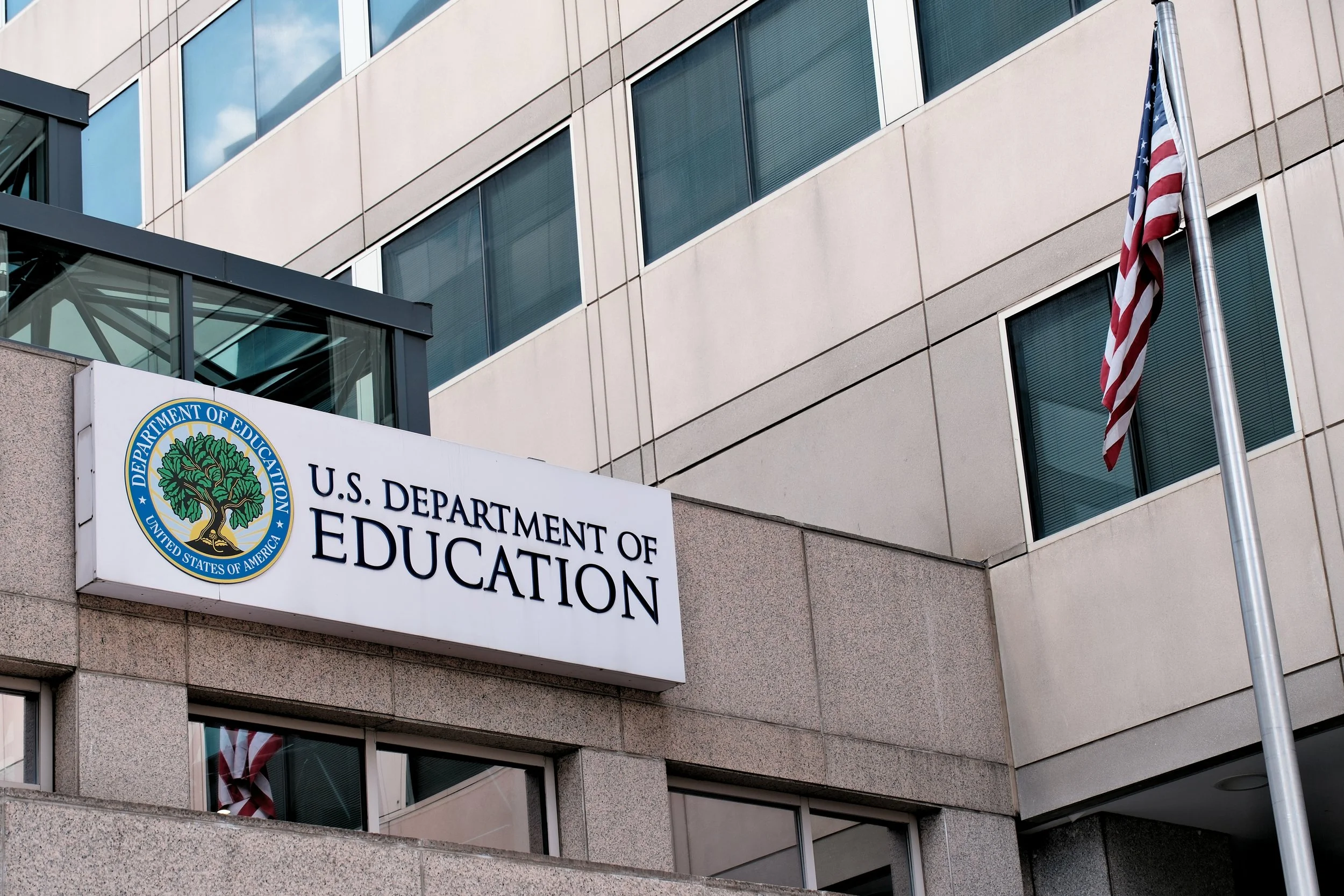During Trump’s Department of Education takedown, what happens to Chapman?
Photo Courtesy of Adobe Stock
With Trump back in office, education systems are at risk of experiencing changes related to diversity, equity and inclusion (DEI) initiatives, budget cuts and accessibility.
Dismantling the current education system has been on President Donald Trump’s agenda since his campaign, when he outlined “10 key ideas that will power our movement for great schools” in a video posted online. Now, he’s taking action by trying to minimize the power of the department, a movement that was also outlined in Project 2025.
The current Department of Education (ED) was established by Congress in 1979 “to strengthen the Federal commitment to ensuring access to equal educational opportunity for every individual,” according to the law’s general provisions. Some of the key functions of the department are producing annual performance reports, promoting educational equity to all students and providing grants.
Trump isn’t the first person to try getting rid of the board; this has been a topic of conversation since Ronald Reagan was in office, but the current president is getting closer than ever before.
However, the White House can’t make any official progress on the dismantling of the department without first officially installing Trump’s pick for education secretary: Linda McMahon.
On Feb. 20, McMahon was voted by the Senate Committee on Health, Education, Labor and Pensions (HELP) to continue her nomination process to the full Senate.
“Ms. McMahon is steadfast in her determination to uphold the true meaning of Title IX, ensuring fairness for women and girls on the field and in the classroom,” said HELP chair Senator Bill Cassidy (R-LA) at McMahon’s nomination session.
Assistant English professor Samantha Dressel, who also serves as secretary of faculty senate, said that while most changes to the department would not directly affect universities in the present, the lasting consequences will show themselves later on.
“Universities are luckily a little bit insulated from everything that is currently mandated, especially private institutions like Chapman,” said Dressel.
However, if federal grants are cut, Dressel said that this could impact the amount of students who are able to or wish to attend college, especially a pricier school like Chapman.
“In general, a lot of universities are having an enrollment crunch,” said Dressel. “And I think this is going to be compounded, because some of the cuts to the Department of Education might end up affecting the way FAFSA (Free Application for Federal Student Aid) money is distributed.”
As far as Chapman’s DEI office is concerned, there are no immediate changes planned, but that the national issues are sparking conversations within administration.
“As currently set up, I don’t think that anything is happening to our DEI office or programs, but I think that just having this hanging over us has a chilling effect,” Dressel said.
Besides financial implications, the changes that the Trump administration plans on making could be harmful to students with disabilities.
The Department of Education enforces Section 504 of the Rehabilitation Act of 1973, which “prohibits discrimination on the basis of disability in programs or activities that receive federal financial assistance from the U.S. Department of Education.”
Without the enforcement of this law, students with disabilities are at risk of losing government protection.
Professor Scot Danforth, who specializes in inclusive education and disability studies, said that “millions of Americans with disabilities would suffer” if the White House were to draw back on federal protection laws.
“All public school special education funding and mandated services for students with disabilities are in jeopardy,” said Danforth. “Seventeen Republican-led states have already asked the federal government to drop enforcement of 504. That is the real power that is frightening disabled people as well as the families of kids with disabilities.”
Changes to education have already been enacted by the Trump administration, starting with the issuing of a Jan. 20 executive order to prohibit the use of inclusionary toolkits and guidelines. Budget cuts to the National Institutes of Health have also been announced, which will hit research efforts at universities.
Chapman administration is unsure of what is in store for the university at the moment. However, faculty and staff are keeping tabs on the national happenings in preparation for what may come.
“The Attallah College of Educational Studies faculty and staff are monitoring the federal developments daily and will continue to do so,” Attallah College Dean Roxanne Greitz Miller told The Panther.
As the White House’s plans to modify the education system continue to unravel and McMahon advances one step closer to securing her status as secretary of education, the public awaits daily developments and new information.
“The executive orders have been sweeping, forceful, and vague,” said Danforth. “They have a shock and awe effect that is leading to confusion. Right now, universities are waiting and worrying.”

